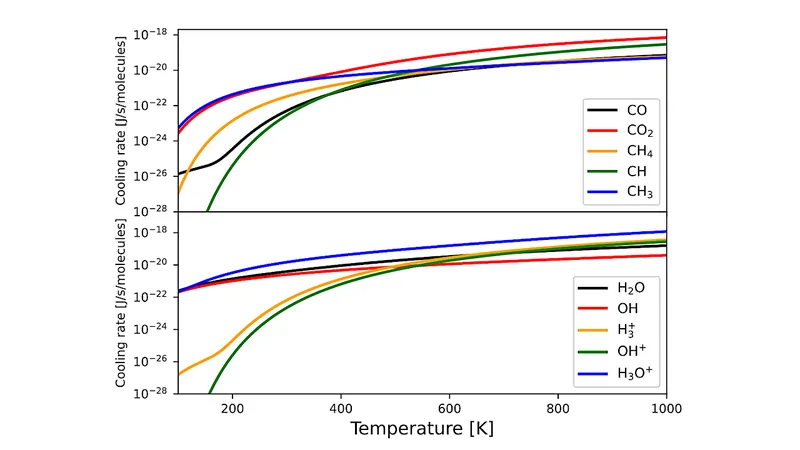
Singapore's Inflation Plummets: What This Means for Your Wallet in 2025!
2024-11-28
Author: Jia
Singapore's Inflation Plummets: What This Means for Your Wallet in 2025!
SINGAPORE: In a surprising turn of events, Singapore witnessed a significant decrease in inflation rates this October, with core and overall inflation both dropping more than analysts had anticipated. This trend has led economists and government officials to project a controlled inflation landscape through 2025, promising a financial relief for residents.
Core inflation—designed to provide a clearer picture of the household living costs by excluding volatile sectors such as private transport and accommodation—declined sharply in October, hitting a stunning 2.1% on a year-on-year basis, down from 2.8% in September. This is the lowest rate observed since December 2021 and comes in well below the projected 2.5% by economic experts.
The remarkable 0.7 percentage point reduction represents the most significant drop since January 2013, according to DBS Bank's economist Chua Han Teng, who believes that earlier price surges in August and September were likely transitory. Key factors contributing to this decline included slower price increases in service sectors, utilities like electricity and gas, and retail goods.
Both the Monetary Authority of Singapore (MAS) and the Ministry of Trade and Industry (MTI) pointed to decreasing costs of imported goods, attributed to global inflation withdrawing and the strengthening of the Singapore dollar. In a similar vein, headline inflation—which reflects all categories—fell to 1.4% year-on-year in October, a notable drop from 2% in September, marking the lowest figure since March 2021. A notable decline in accommodation expenses and a 2.5% drop in car prices played critical roles in this downturn.
These positive trends are further highlighted by the consistent 0.3% decline in monthly inflation rates for both core and overall metrics, suggesting a sustained easing of prices.
Economists predict that inflation will remain subdued until at least 2025, with overall rates expected to hover between 1.5% and 2.5%. This is a significant drop from the 4.8% recorded in 2023, with an anticipated average of 2.5% for the full year of 2024.
What Does This Mean for Monetary Policy and Your Finances?
With inflation easing, many analysts believe that the MAS might reconsider its monetary policy, which has previously favored a stronger Singapore dollar to combat rising prices. UOB’s Jester Koh suggests that a gradual strengthening of the Singapore dollar could occur as core inflation approaches desired levels.
However, potential pitfalls remain. OCBC’s Selena Ling cautioned that ongoing external challenges, including geopolitical tensions and unpredictable global inflation rates, could constrain the central bank's flexibility in policy adjustments.
As we look towards the future, the Singaporean government is expected to tackle cost-of-living issues head-on in the upcoming Budget 2025. Anticipated measures could emphasize job security and fiscal support to bolster household finances.
Despite past inflationary pressures, Singaporeans are still managing to spend on big-ticket items, spurred by low unemployment rates, robust household savings, and declining interest rates. This unexpected inflation drop could pave the way for a more financially stable environment, allowing Singaporean families to breathe a little easier moving into 2025.
Stay tuned as we follow these developments closely—this could be a game-changer for every Singaporean household!




 Brasil (PT)
Brasil (PT)
 Canada (EN)
Canada (EN)
 Chile (ES)
Chile (ES)
 España (ES)
España (ES)
 France (FR)
France (FR)
 Hong Kong (EN)
Hong Kong (EN)
 Italia (IT)
Italia (IT)
 日本 (JA)
日本 (JA)
 Magyarország (HU)
Magyarország (HU)
 Norge (NO)
Norge (NO)
 Polska (PL)
Polska (PL)
 Schweiz (DE)
Schweiz (DE)
 Singapore (EN)
Singapore (EN)
 Sverige (SV)
Sverige (SV)
 Suomi (FI)
Suomi (FI)
 Türkiye (TR)
Türkiye (TR)